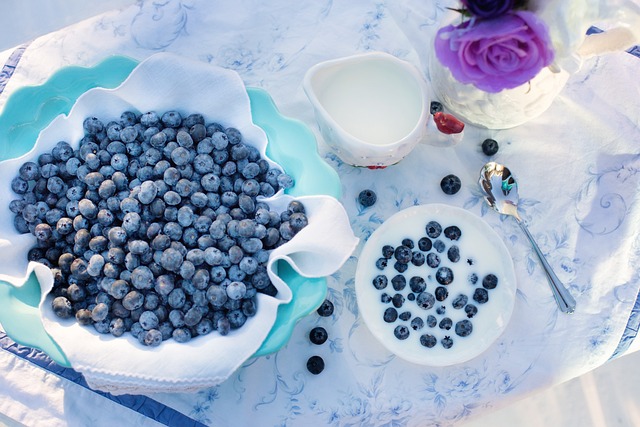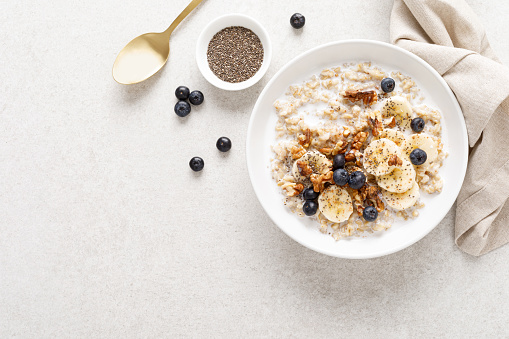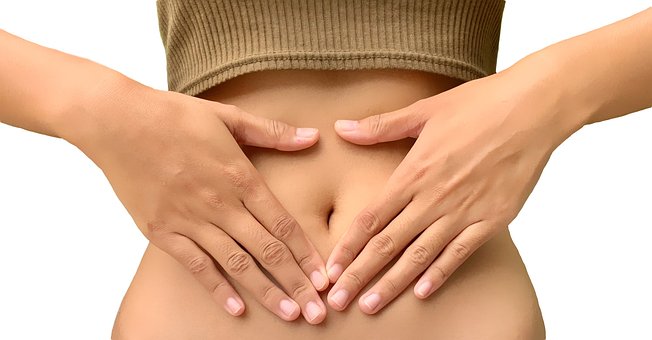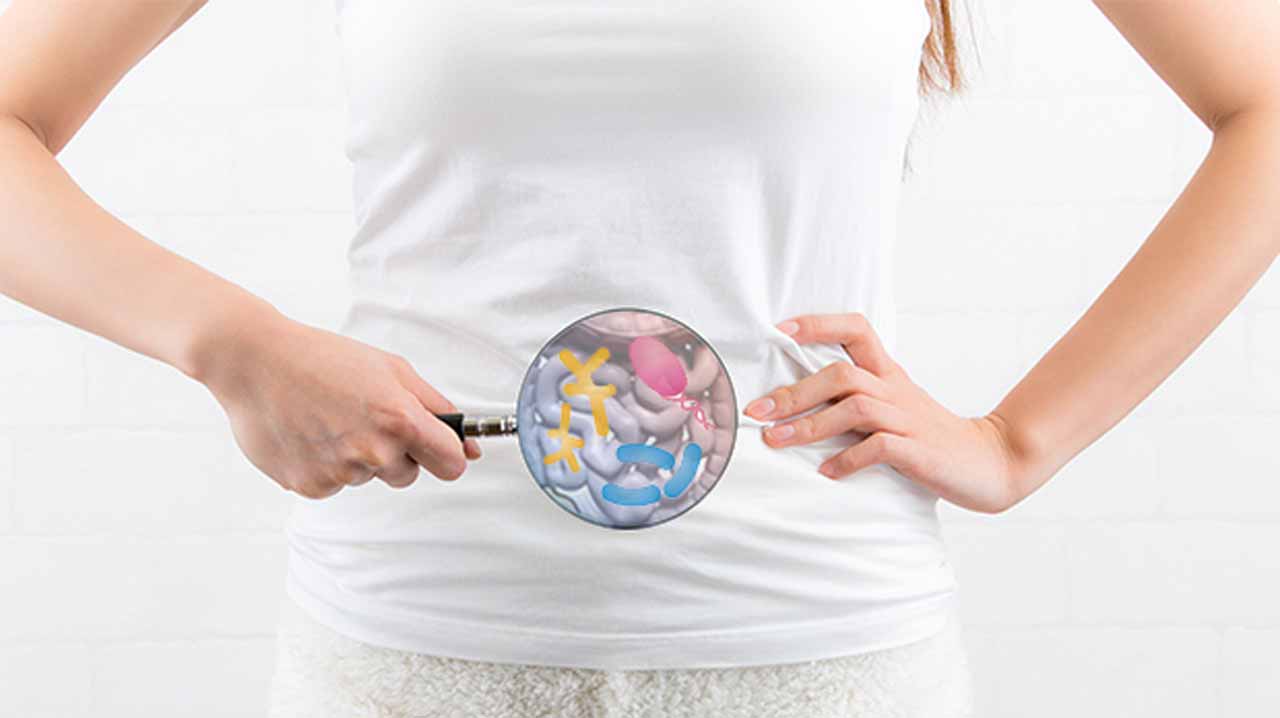Probiotics and prebiotics are two terms that are often used interchangeably, but they’re not the same thing. While both are essential for a healthy gut, they play different roles. In this blog, we’ll explore the difference between probiotics and prebiotics and why you need both for optimal gut health.
What are probiotics?
Probiotics are live microorganisms that live in your gut. These beneficial bacteria help to maintain a healthy balance of microflora in your digestive system. They play an essential role in breaking down food, producing vitamins, and keeping harmful bacteria at bay. Probiotics are found in many fermented foods, including yogurt, kefir, sauerkraut, and kimchi. They’re also available in supplement form.
What are prebiotics?
Prebiotics are non-digestible fibers that feed the beneficial bacteria in your gut. These fibers, which are found in many fruits, vegetables, and whole grains, are not broken down by your digestive system. Instead, they make their way to your colon, where they’re fermented by the beneficial bacteria in your gut.
How do probiotics and prebiotics work together?
Probiotics and prebiotics work together to maintain a healthy balance of microflora in your gut. Probiotics help to restore the natural balance of microflora that can be disrupted by factors such as diet, stress, and antibiotics. When you consume probiotics, they travel through your digestive system and settle in your gut. Once they’re there, they start to work their magic.
One of the main ways that probiotics work is by producing lactic acid. This acid helps to lower the pH of your gut, making it more acidic. This acidic environment is hostile to harmful bacteria, making it difficult for them to survive. Probiotics also produce other substances, such as bacteriocins, that help to kill off harmful bacteria.
Prebiotics, on the other hand, provide food for the beneficial bacteria in your gut. When you consume prebiotics, they make their way to your colon, where they’re fermented by the beneficial bacteria in your gut. This fermentation process produces short-chain fatty acids, which help to nourish the cells that line your colon.
What are the benefits of probiotics and prebiotics?
The benefits of probiotics and prebiotics are vast and varied. Here are just a few of the ways that they can help to improve your health:
Improved Digestion
Probiotics play a vital role in the digestive process. They help to break down food and absorb nutrients, making it easier for your body to digest and process the food you eat. Prebiotics, on the other hand, help to promote regular bowel movements and alleviate constipation.
Boosted Immune System
Probiotics help to stimulate the production of antibodies, which are essential for fighting off infections. They also help to reduce inflammation in your gut, which can help to alleviate symptoms of conditions such as IBS and IBD. Prebiotics also play a role in boosting your immune system by promoting the growth of beneficial bacteria in your gut.
Reduced Anxiety and Depression
There’s a strong link between your gut health and your mental health. Probiotics have been shown to help reduce symptoms of anxiety and depression. They do this by producing neurotransmitters such as serotonin and dopamine, which are essential for regulating mood. Prebiotics may also play a role in improving mental health by reducing inflammation in the gut.
Improved Skin Health
Your gut health has a direct impact on the health of your skin. Probiotics can help to improve the balance of microflora in your gut, which can in turn help to alleviate skin conditions such as acne and eczema. Prebiotics may also play a role in improving skin health by promoting the growth of beneficial bacteria in your gut.
How to incorporate probiotics and prebiotics into your diet
If you’re looking to incorporate more probiotics and prebiotics into your diet, here are some tips:
- Eat a variety of fruits, vegetables, and whole grains to get a range of different prebiotic fibers.
- Incorporate fermented foods, such as yogurt, kefir, sauerkraut, and kimchi, into your diet to get a dose of probiotics.
- Consider taking a probiotic supplement to boost your intake of beneficial bacteria.
- Look for foods that are labeled as “prebiotic” or “contains prebiotics” to ensure that you’re getting a good source of prebiotic fiber.
Conclusion
Probiotics and prebiotics are both essential for a healthy gut. While probiotics help to restore the natural balance of microflora in your gut, prebiotics provide food for the beneficial bacteria in your gut. By incorporating both into your diet, you can help to improve your digestion, boost your immune system, and even mood.







